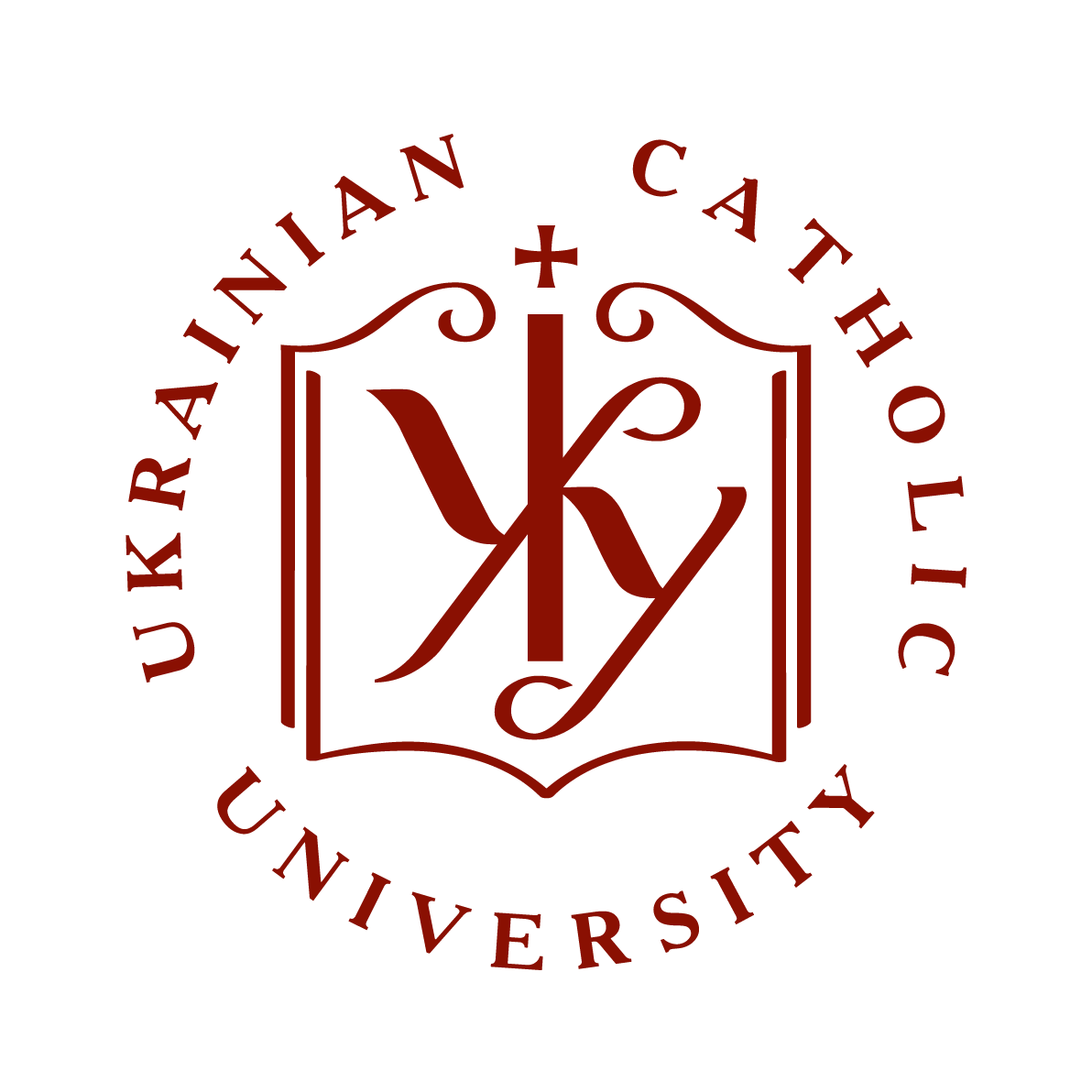Сценарії JavaScript вимкнено для Вашого браузера. Деякі функції цього сайту не будуть працювати без них.
| dc.contributor.author | Kashchuk, Oleksandr, Олександр Кащук
|
|
| dc.date.accessioned | 2018-01-15T20:10:43Z | |
| dc.date.available | 2018-01-15T20:10:43Z | |
| dc.date.issued | 2015 | |
| dc.identifier.citation | Дії проаріанських християн IV ст. як спроба самоутвердження // Наукові записки Національного університету «Острозька академія», Cерія «Історичне релігієзнавство» (фахове видання). – Вип. 12. – Острог, 2015, – С. 98-108. | uk |
| dc.identifier.uri | http://er.ucu.edu.ua/handle/1/1174 | |
| dc.description | Стаття | uk |
| dc.description.abstract | У статті розглядаються дії проаріанських християн IV ст. Доведено, що від початку аріанської суперечки IV ст. не тільки духовенство, а й миряни не залишалися осторонь від неї. Історичні джерела представляють дії проаріан IV ст. у найбільших містах Східної Імперії, спрямовані на захист і утвердження їхньої релігійної позиції. Розглянувши активність проаріанських християн Олександрії, Константинополя і Антіохії можна ствердити, що дії проаріан не мали ініціативного, організованого і системного характеру, а були спонтанні й активізувалися під впливом духовних провідників, підтримуваних владою. Їхні дії здебільшого проявлялися у насиллі, однак слід зазначити, що насилля було організоване окремими впливовими людьми, які послуговувалися випадковими людьми сумнівної моральної репутації. Серед них були навіть нехристияни. Більшість проаріан не брали участі в насиллі, але й не зупиняли його. Застосування насилля меншістю проаріан випливало як з відсутності чіткого богословського аргументування, так і з інтелектуальної пасивності та моральної слабкості більшості проаріан. Багато проаріан були релігійно байдужими. Вони могли належати до проаріанської групи з мотивів корисливих, оскільки проаріанство підтримувалося владою. Проявлялися однак серед проаріан і проблиски релігійної самобутності та поміркованості. Проте, вони були незрілі. Дії проаріан не принесли їм самоутвердження, а навпаки, довели аріанство до поділів і деградації. | uk |
| dc.language.iso | uk | uk |
| dc.publisher | Національний університет "Острозька академія" | uk |
| dc.subject | миряни, проаріани, дії, церква, аріанство, доктрина, єпископи; laity, pro-Arians, activity, church, Arianism, the doctrine, the bishops | uk |
| dc.title | ДІЇ ПРОАРІАНСЬКИХ ХРИСТИЯН IV СТОЛІТТЯ ЯК СПРОБА САМОУТВЕРДЖЕННЯ | uk |
| dc.type | Article | uk |
| dc.status | Опублікований і розповсюджений раніше | uk |
| dc.description.abstracten | The Activity of the Pro-Arian Christians of the Fourth Century as an Attempt of Self-Affirmation The article analyzes the activity of the Pro-Arian Christians of the fourth century. It was proved that from the beginning of the Arian controversy in the fourth century not only clergy but also laymen did not remain aloof from it. Involvement of the laity in the dispute contributed to the bishops because people strengthened the position of the religious community headed by a bishop. Sources give scant information about the active participation of the laity in theological discussions. Instead, they focus on their active actions to defend or protect their own religious position. A character of activity depended on the moral values of their spiritual leader. Historical sources present activity of the pro-Arians of the fourth century in major cities of the Eastern Empire. Having examined the activity of the pro-Arian Christians of Alexandria, Constantinople and Antioch we may assert that the activity of the pro-Arians was not good organized and systematic, but spontaneous and directed by the spiritual leaders supported by the government. Their activity was mostly manifested in violence, but it should be noted that the violence was organized by separate influential people who made use of random people of dubious moral reputation. Among them were even non-Christians. Most of the pro-Arians were neither involved in violence nor stopped it. It seems that the use of violence by minority of pro-Arians stemmed not only from the lack of a clear theological reasoning, but also from intellectual passivity and moral weakness of most pro-Arians. Many pro-Arians were religiously indifferent. They could belong to the pro-Arian group because of selfish motives, as the pro-Arians were supported by the government. But there were also manifested glimpses of religious identity and Christian moderation among the pro-Arians. However, they were immature. The activity of the pro-Arians did not bring them self-affirmation, but rather brought Arianism to divisions and degradation. | uk |
| dc.relation.source | Наукові записки Національного університету «Острозька академія», Cерія «Історичне релігієзнавство» | uk |
Files in this item
This item appears in the following Collection(s)
-
Статті [73]
Articles


